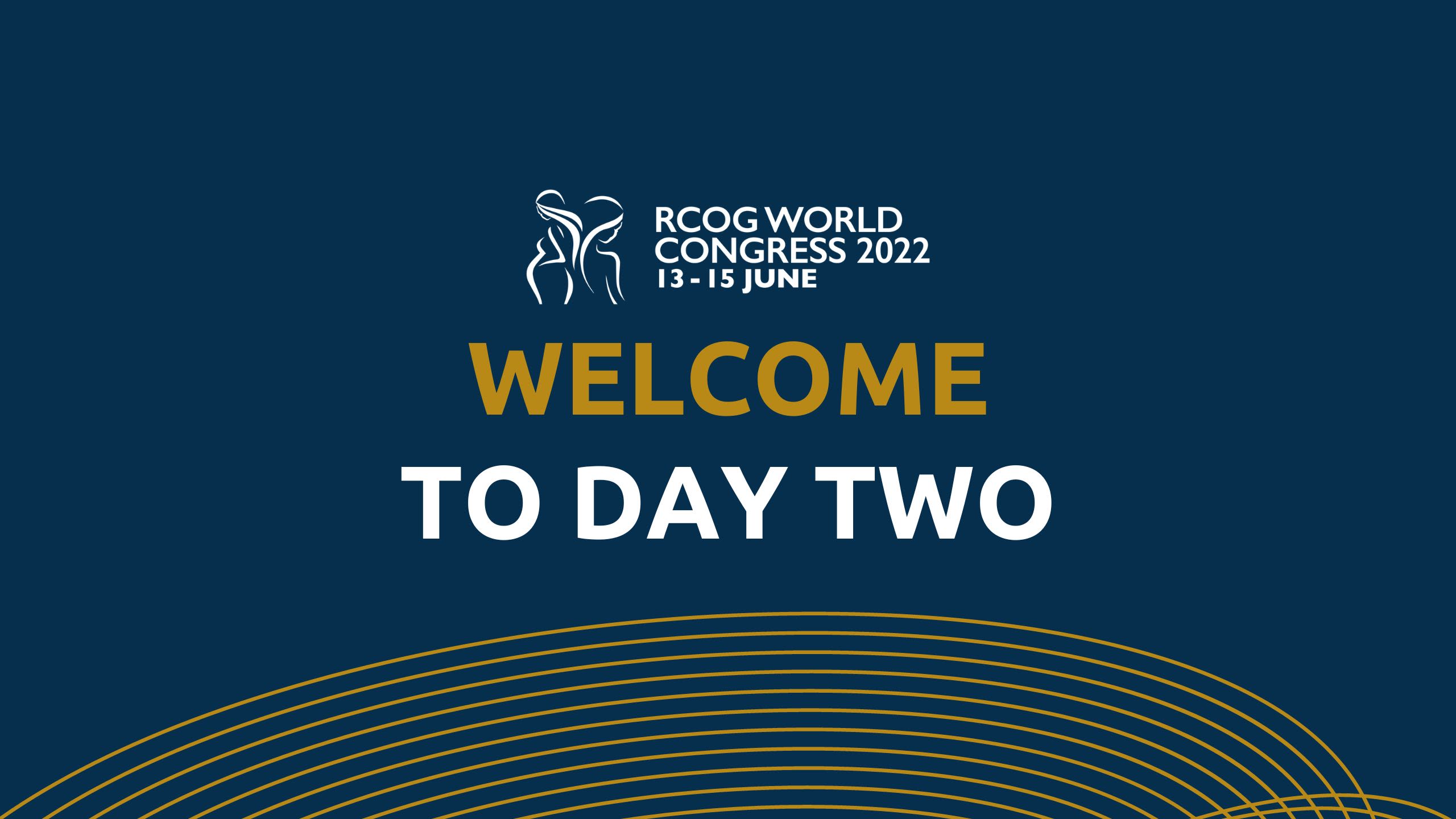

Refresh this page frequently to ensure you keep updated with the latest information.
Listen to Jay speak about what he's looking forward to tomorrow.
We've got another exciting line-up for our final day tomorrow! Tune in tomorrow to hear insights from the Trainee, LGBTQ+ and Medical Education streams.
It's already the end of day two! We had another incredible day and we can't wait to welcome everyone back tomorrow. In the meantime, use #RCOG2022 on Twitter to share your thoughts so far.

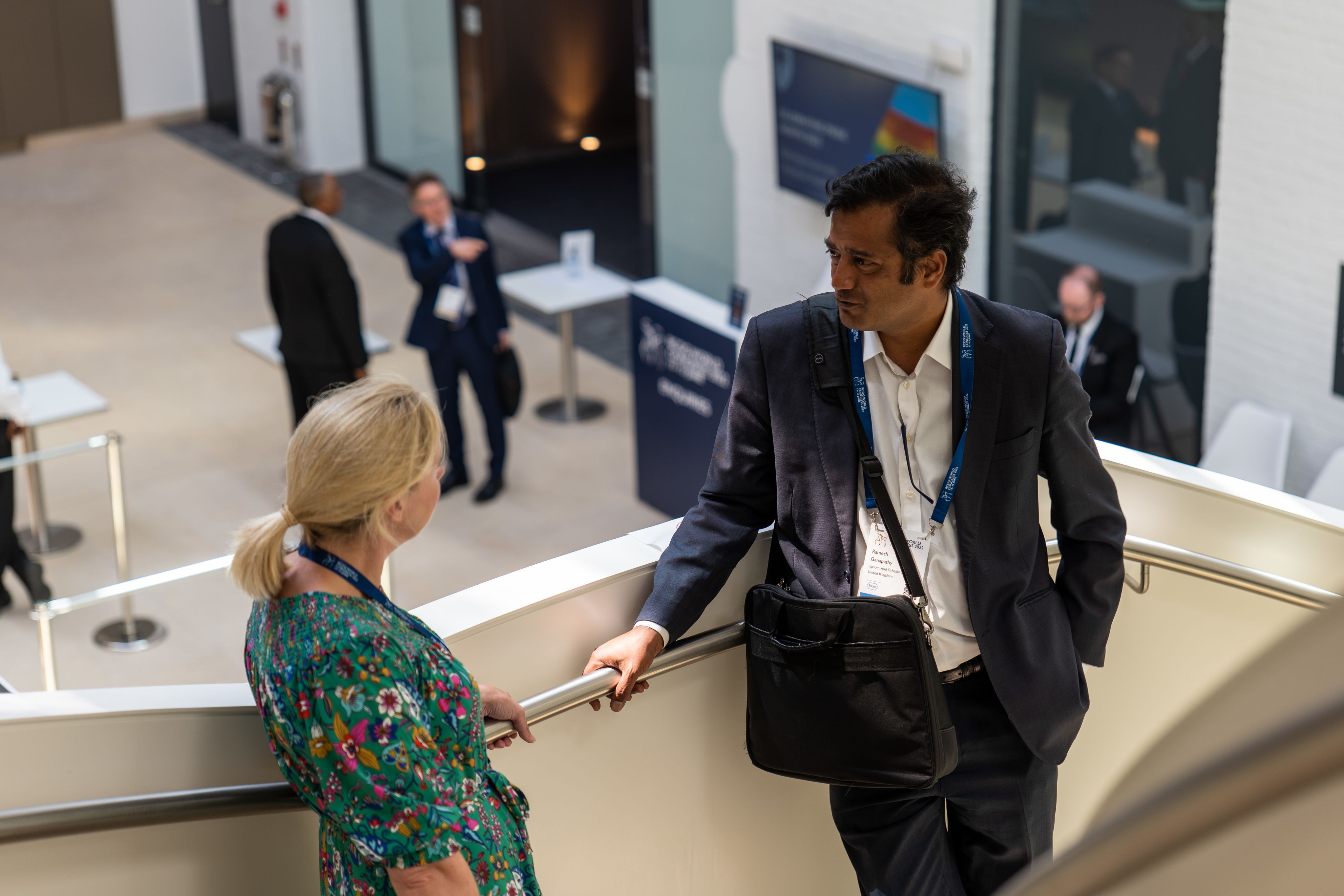
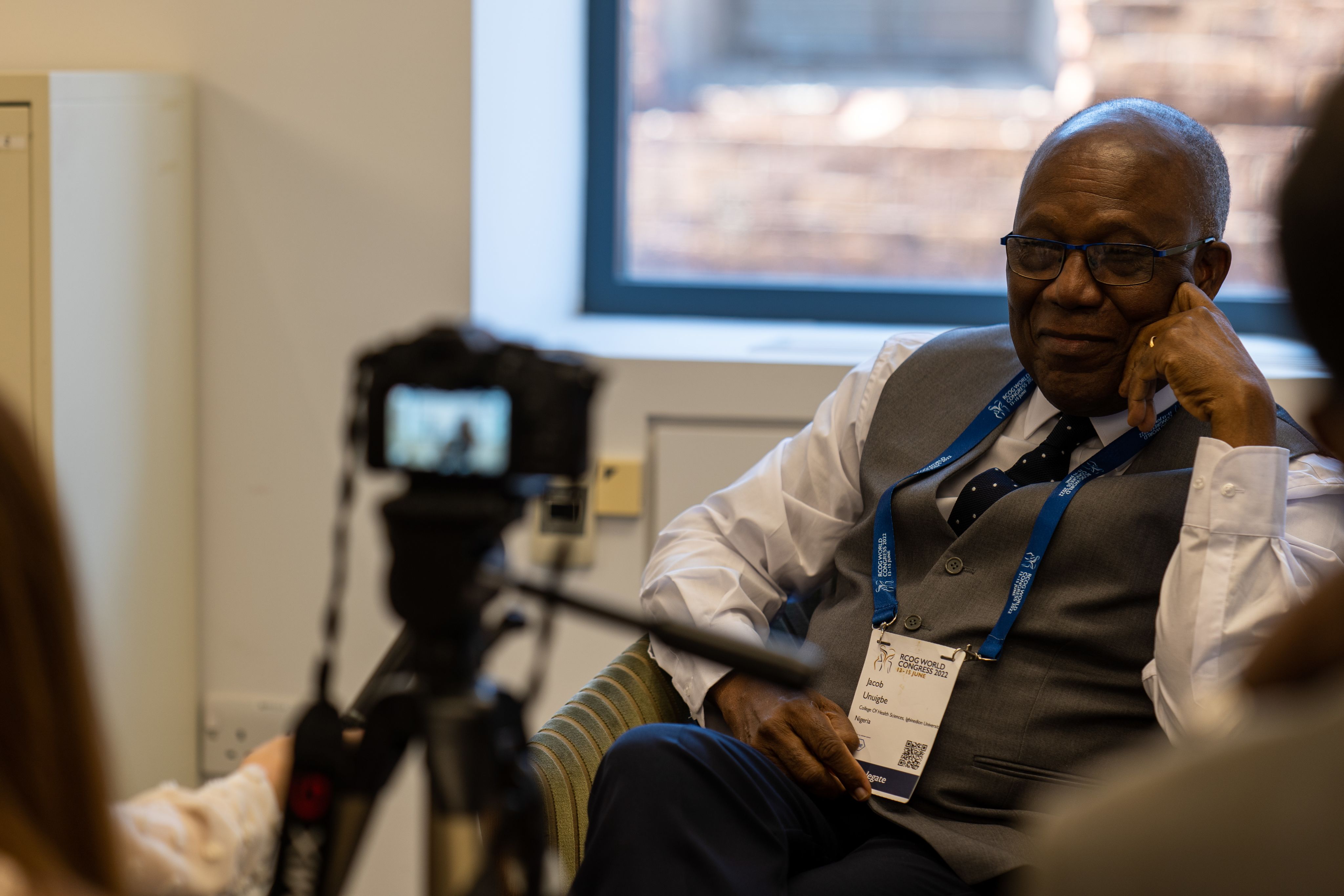
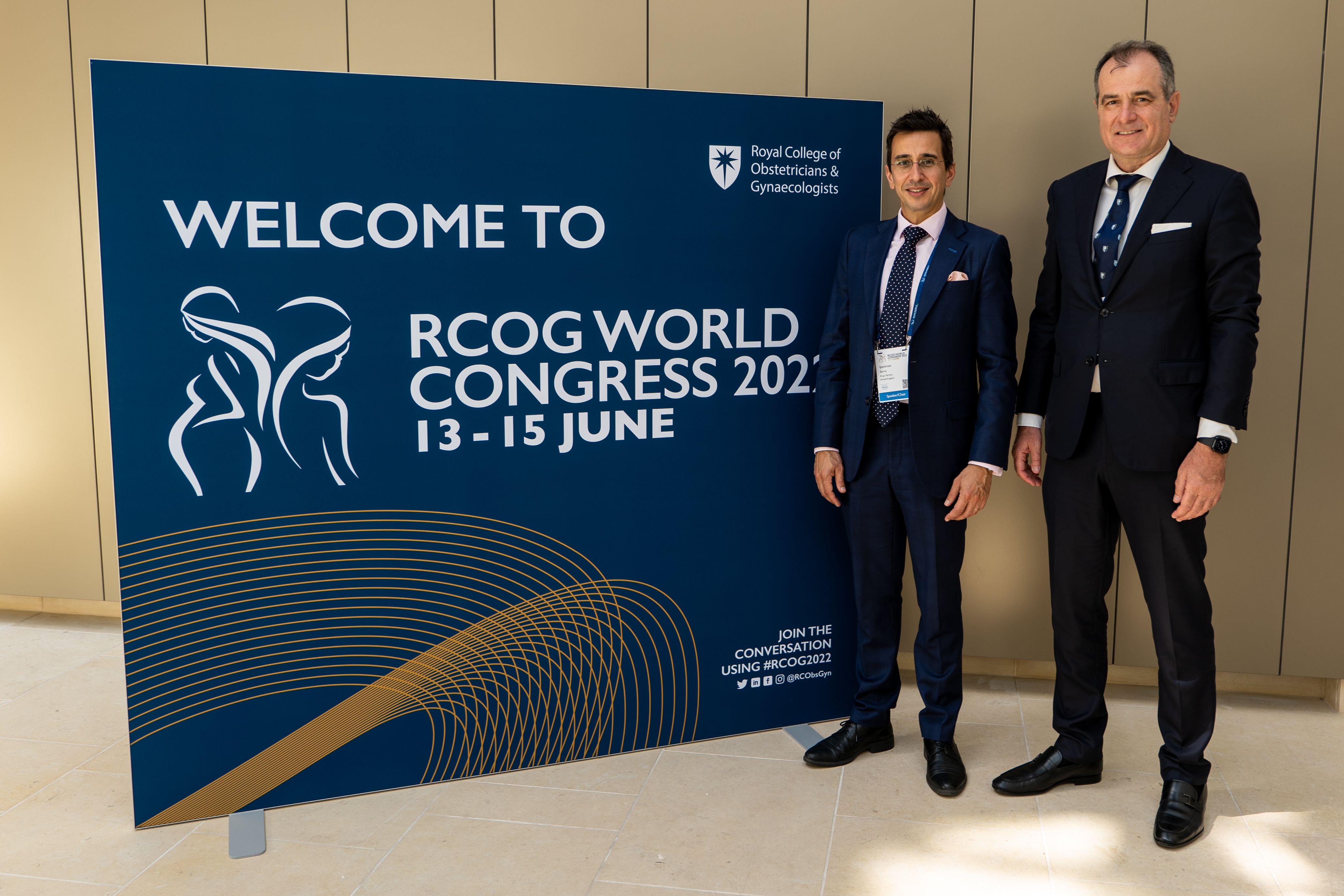



Dr Jonathan Lord is passionate about improving the patient experience, minimising pain, and improving the quality of care. This afternoon Jonathan provided insight into the actions everyone can take in their clinics to make the experience less painful for the patient.
Dr Jonathan Lord is passionate about improving the patient experience, minimising pain, and improving the quality of care. This afternoon Jonathan provided insight into the actions everyone can take in their clinics to make the experience less painful for the patient.
Burnout can be described as a state of emotional and physical exhaustion as a result of a prolonged period of stress. Our Workplace behaviour skills eLearning offers tools and resources to support you.
Key learnings from Dr Caroline Elton's talk

Feel in control of your workload

Feel part of a community who you can turn to

Feel that you are competent and can do a good job
A 2019 study into the prevalence of burnout amongst the UK O&Gs, conducted by Imperial College London and supported by the RCOG, found that just under half of trainees and a third of consultants and SAS doctors suffer from burnout.
The technical definition of burnout is a work-related syndrome involving emotional exhaustion, depersonalisation, and a reduced sense of personal accomplishment.

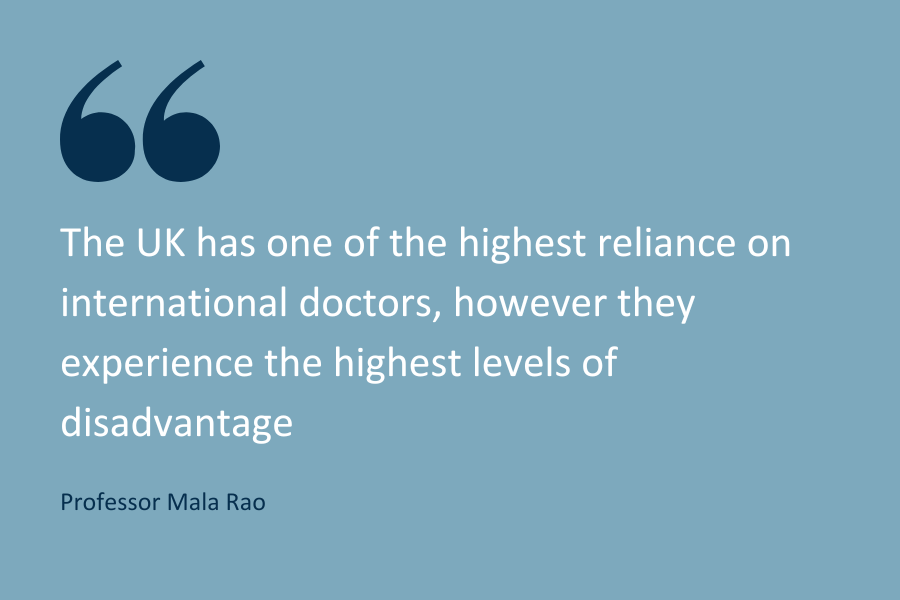
Discrimination against ethnic minorities in the NHS is significant and impacts wellbeing, which in turn impacts health.
We need to identify structural barriers and address them one by one, for example better testing of digital technology, or improved health care guidelines.
In 2018 12.8% of NHS staff reported facing discrimination in the workplace

The Royal College of Obstetricians and Gynaecologists (RCOG) and Five X More are working together to eradicate maternal health disparities in the UK. We have developed five actions for healthcare professionals to adopt that will help drive change, change attitudes, and put an end to these devastating inequalities. View these tips on the Five X More website
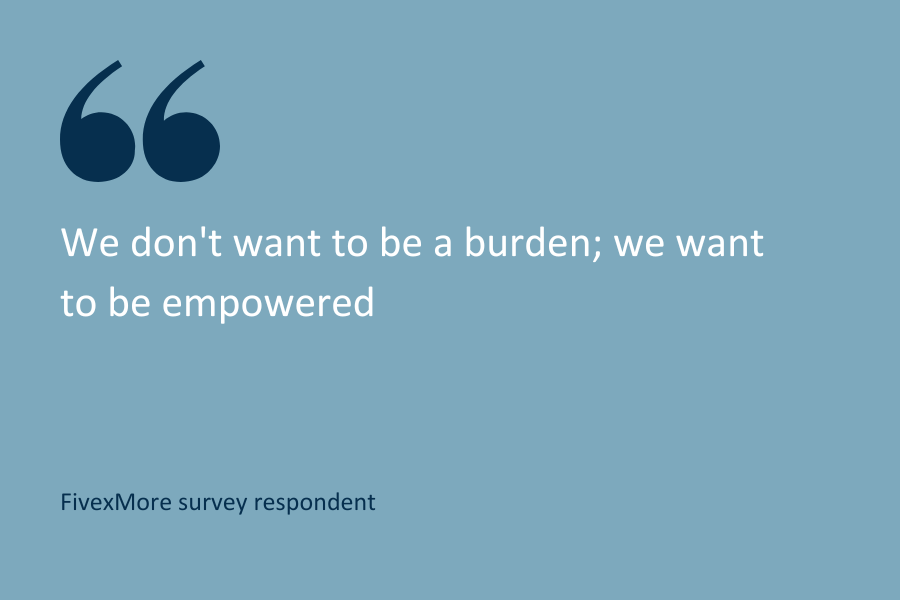
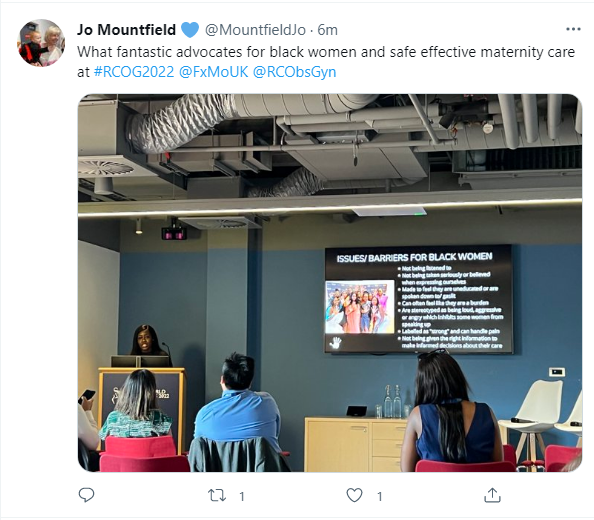
FivexMore surveyed 1,340 women on their experiences of race and maternity care. The survey found that women wanted:
-Health professionals to not making assumptions about their ethnicity
-To be listened to and to be heard
-More antenatal appointments
-To be provided more information about their birthing options
Five x More are updating delegates about tackling health inequalities in maternal care. Read the report on the Five x More website here.

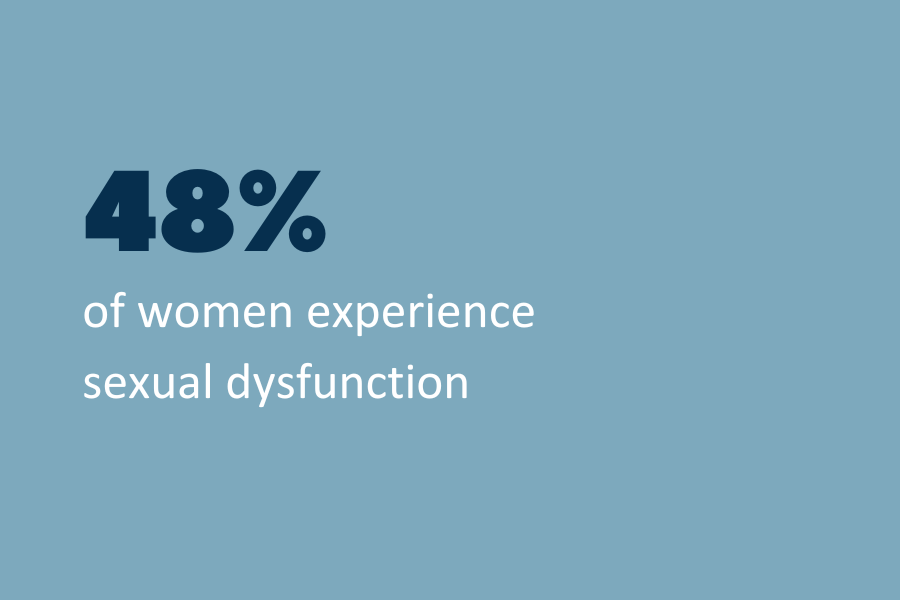
Sexual dysfunction can be very significant in the postpartum period.
The medical goal is to be able to address this immediately post-partum instead of waiting years or decades. An important factor is creating space for women to feel safe to talk.

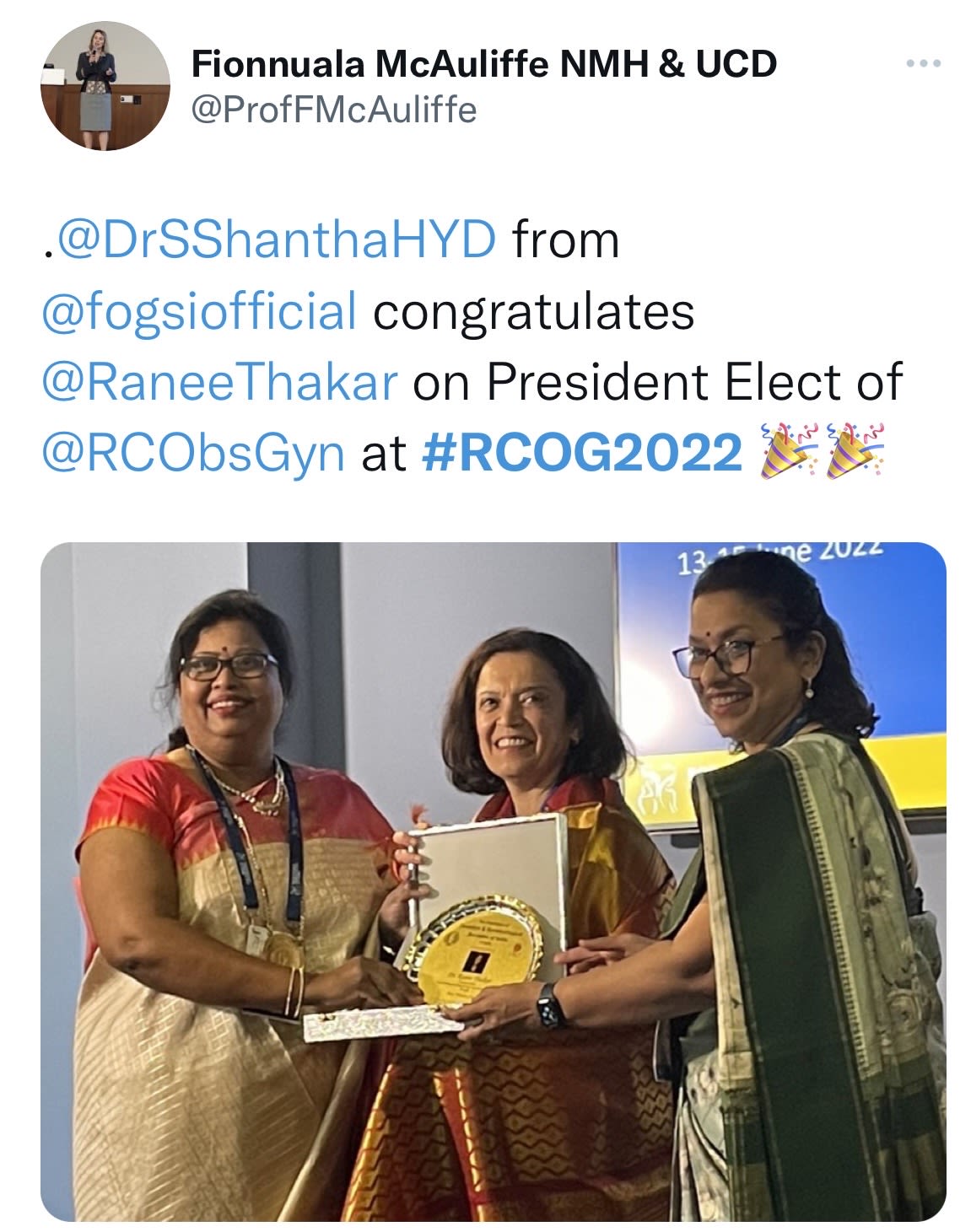

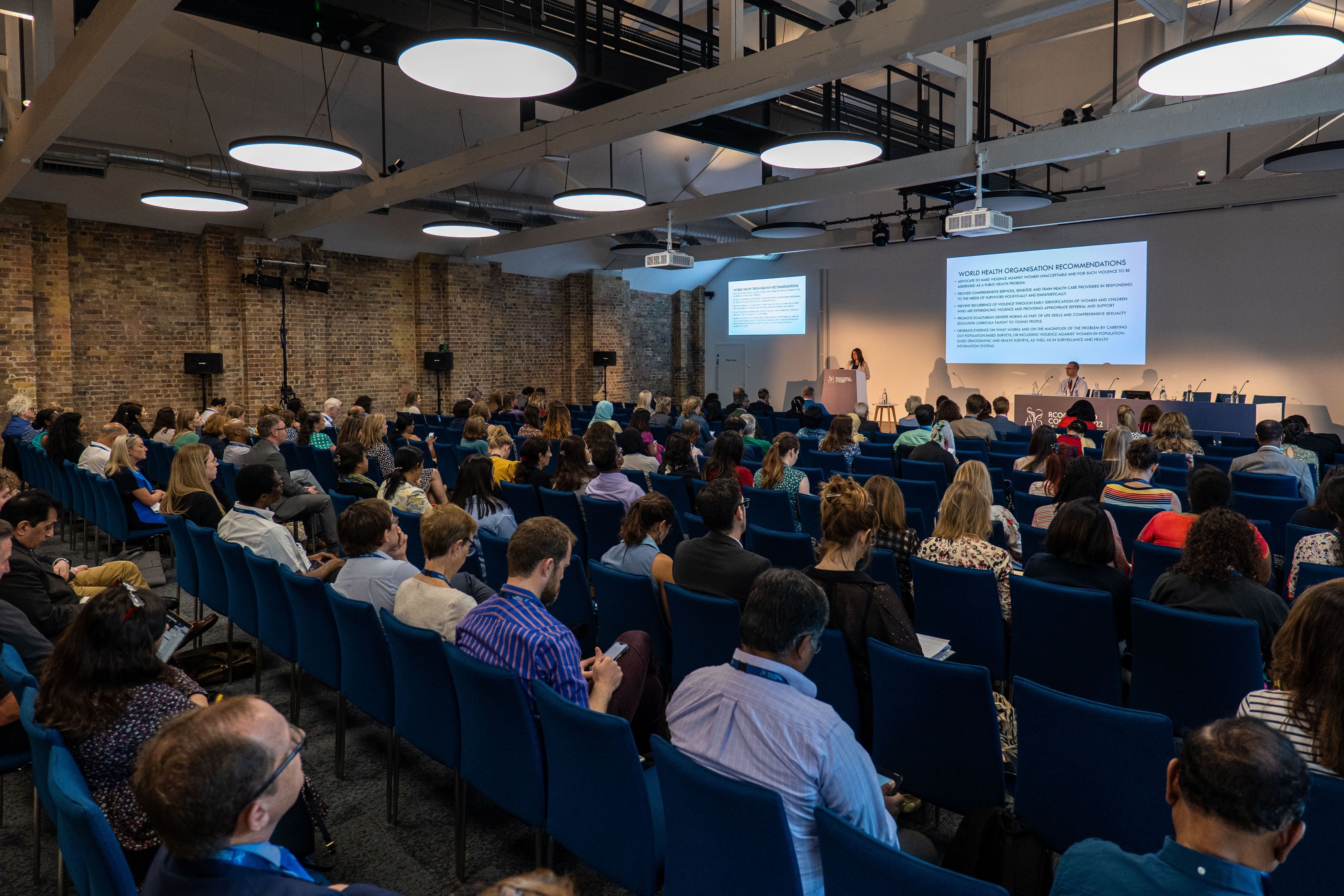
A busy afternoon across all streams at Union Street
A busy afternoon across all streams at Union Street
Recap: Our first session this morning was on women’s healthcare in Ukraine.
We were privileged to be joined by Professor Oleksandr Protsepko, Miss Anastasia Fedoruk and Dr Cora Doherty.
Key facts included:
- An estimated 265,000 Ukrainian women were pregnant in February 2022
- 1,000 babies are born each day in Ukraine
- 627 hospitals have been damaged and 105 completely destroyed
- More than 50% of maternal and under five deaths occurs in settings in armed conflict or natural disaster
"Our strength is our unity"
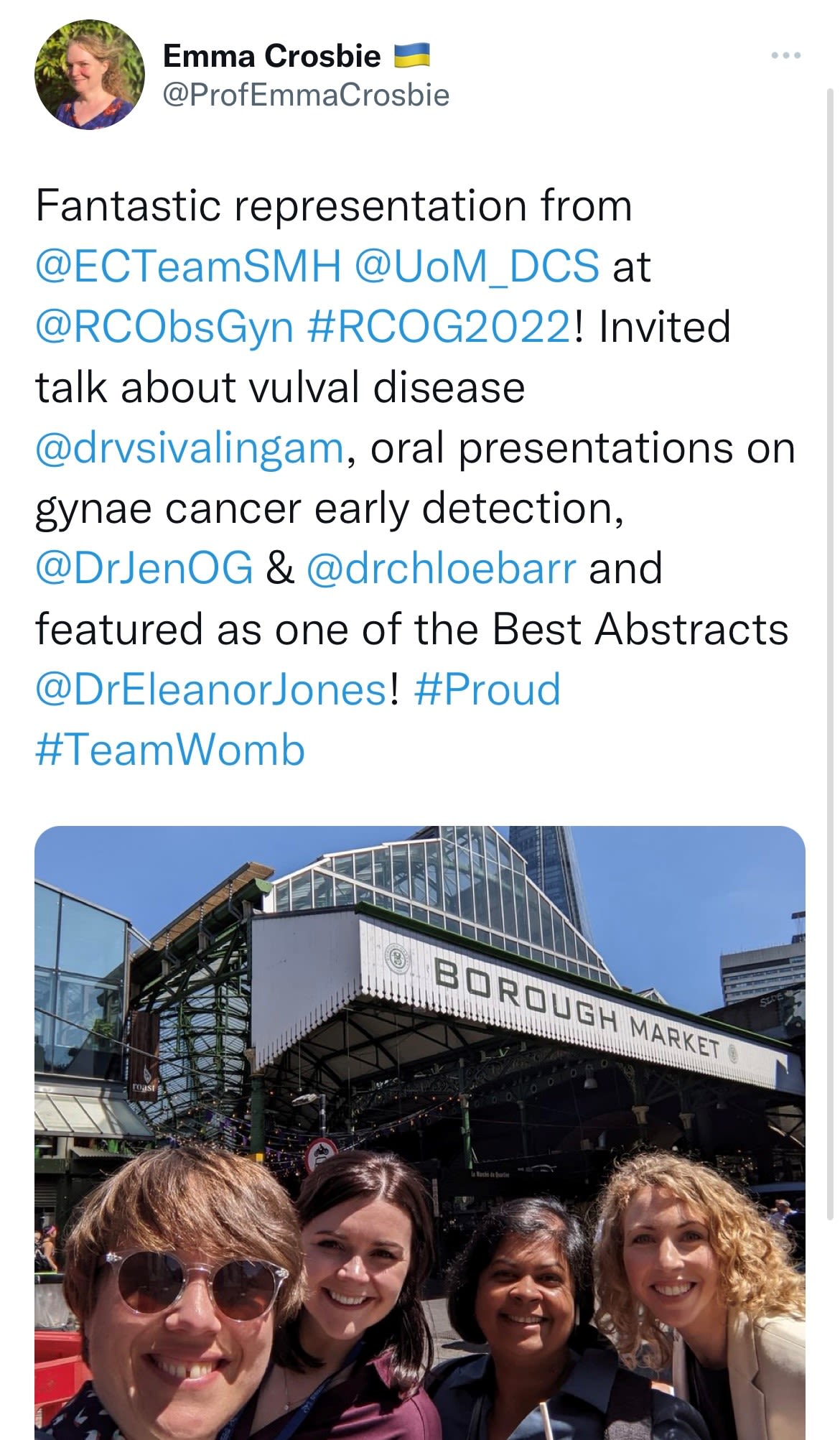
Congratulations to Emma and the team!
Congratulations to Emma and the team!
The afternoon sessions are well underway! Later we have a wide variety of streams including abortion care, race equality, trainees, listening to women and early pregnancy and acute gynaecology. Remember: All content is available on demand and available to delegates for six months post-event.

Leila Frodsham works as a consultant gynaecologist and leads the psychosexual service at Guy’s and St Thomas’. During this talk, Leila speaks about tocophobia, and how we can help women feel more in control during their pregnancies and labour.
Tocophobia is a morbid fear or pregnancy and childbirth. Although many people think it’s related to pain, it is rarely pain related.
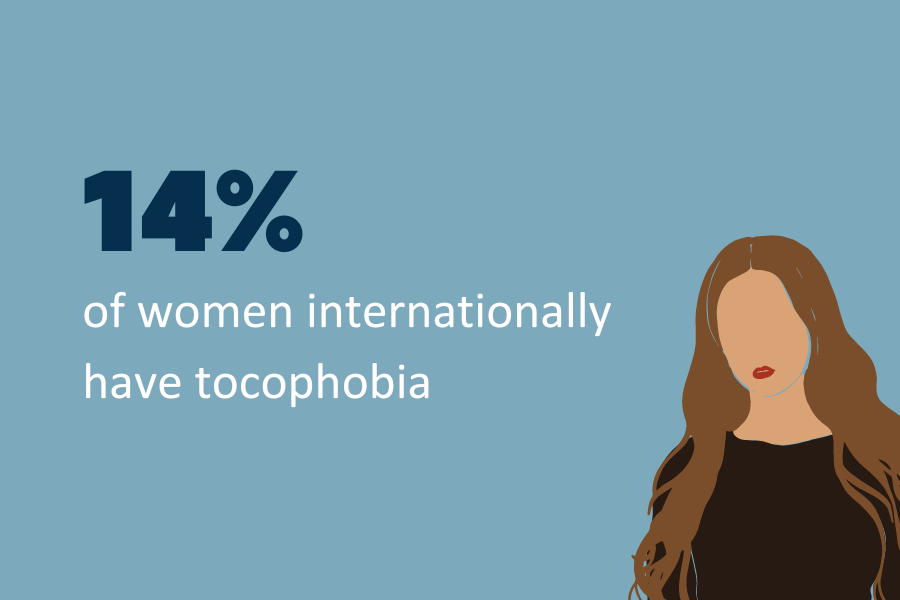
The consequences of tocophobia can be:
- Antenatal/postnatal depression
- Requests for caesarean section
- Longer labours
- Post-traumatic stress disorder
- Reduced infant bonding and attachment
- No further pregnancies or large gap between pregnancies
Tips to help tocophobic patients feel more comfortable:
- Always put the patient first
- Focus on their fears and listen
- Enable them to regain control
- Consider every delivery room comment
Tell me a good birth story has built a library of positive birth stories and is a fantastic resource to signpost to patients.

Our colleagues at FSRH are updating delegates on the pilot of the Internation Certificate of SRH pilot in Botswana.
The FSRH International Certificate of Knowledge in Sexual and Reproductive Healthcare (ICK) is designed to assess the sexual and reproductive healthcare knowledge of doctors, nurses and healthcare professionals based outside UK. Find out more about this qualification here.
The pilot in Botswana gave the team useful insight which has enabled them to update their resources. The FSRH eLearning is updated now with case presentations, knowledge assessments and more interactive and engaging.
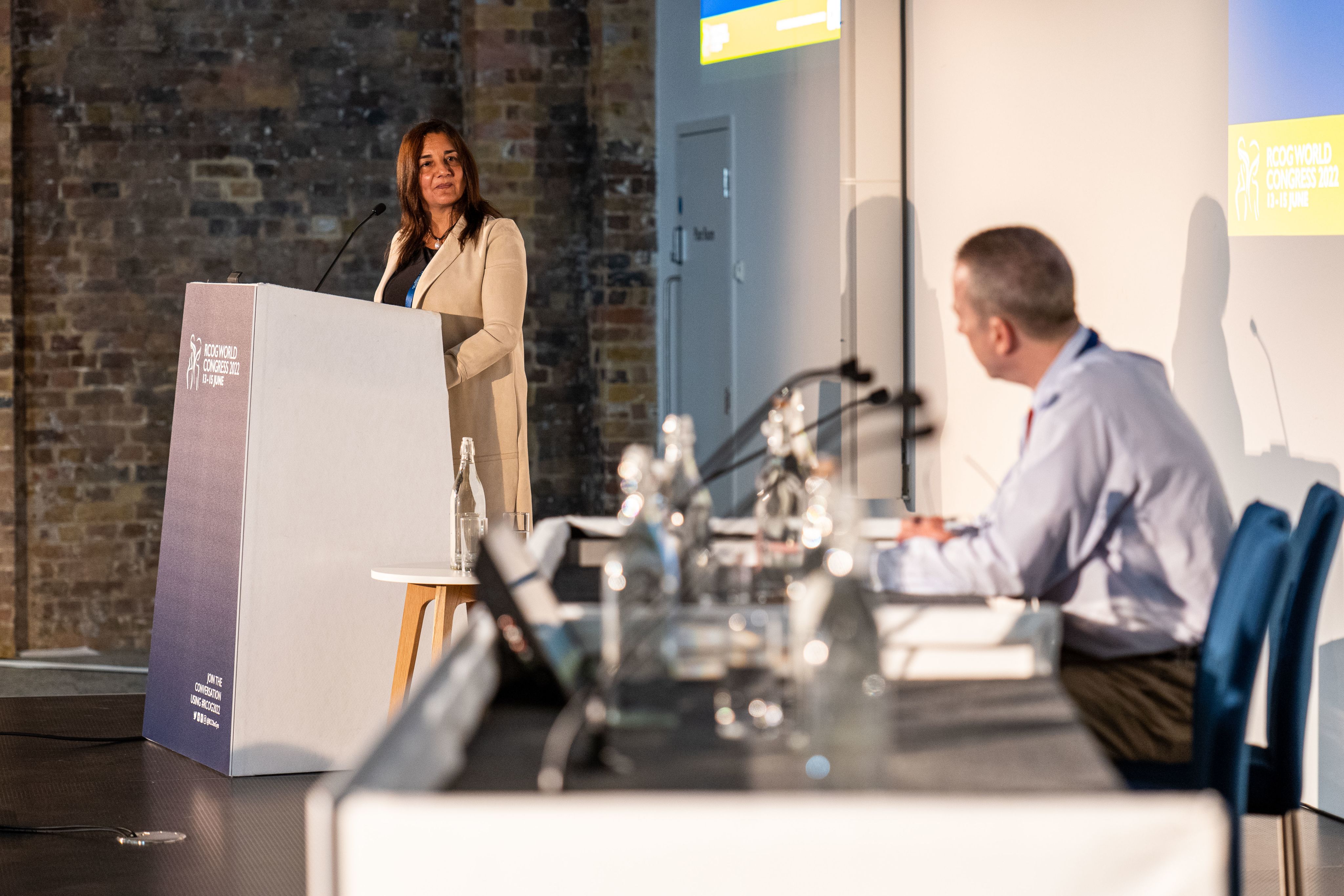
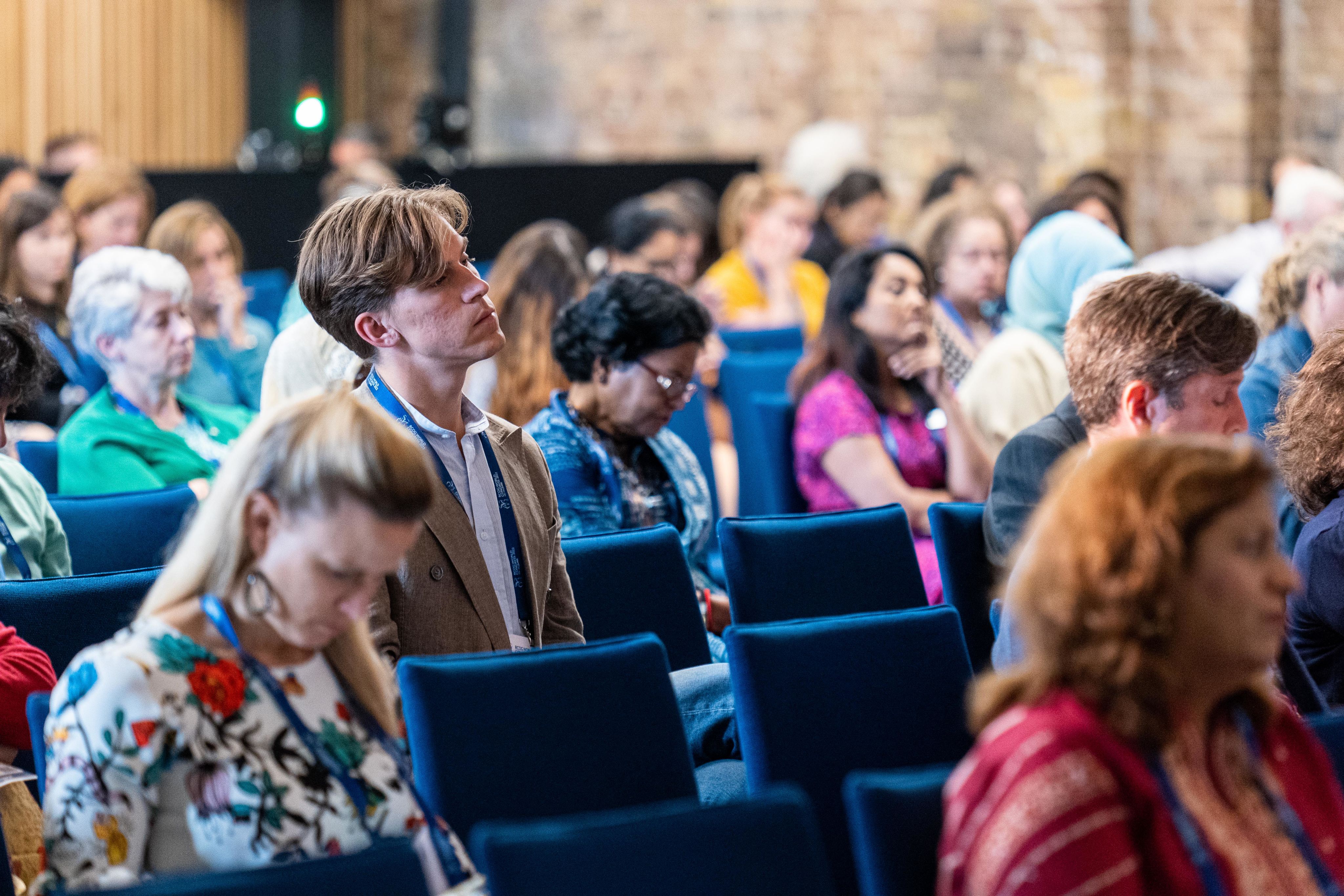
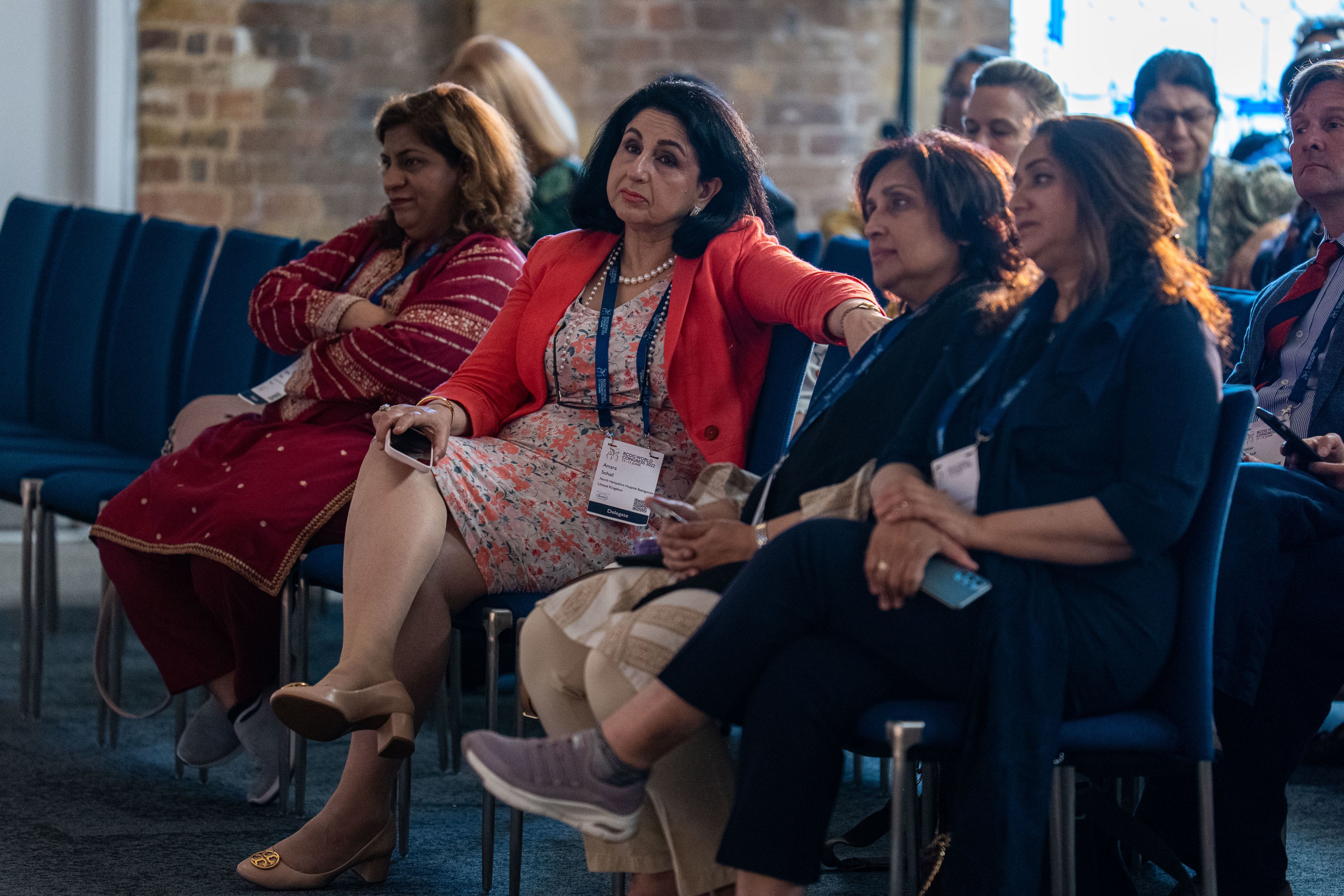



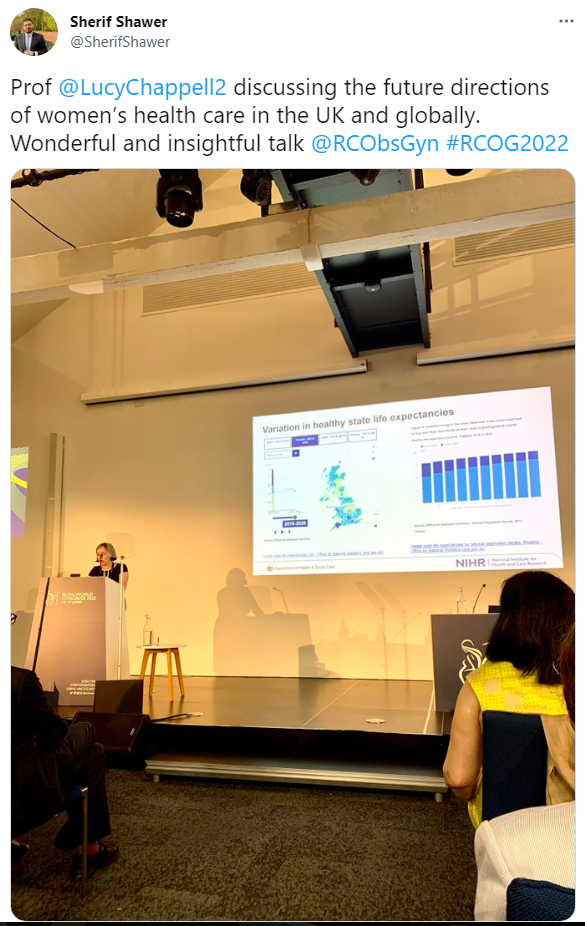
Joining us from our Union Street headquarters, Professor Lucy Chappell is kicking #RCOG2022 off with a plenary discussion on the future directions of women's health.

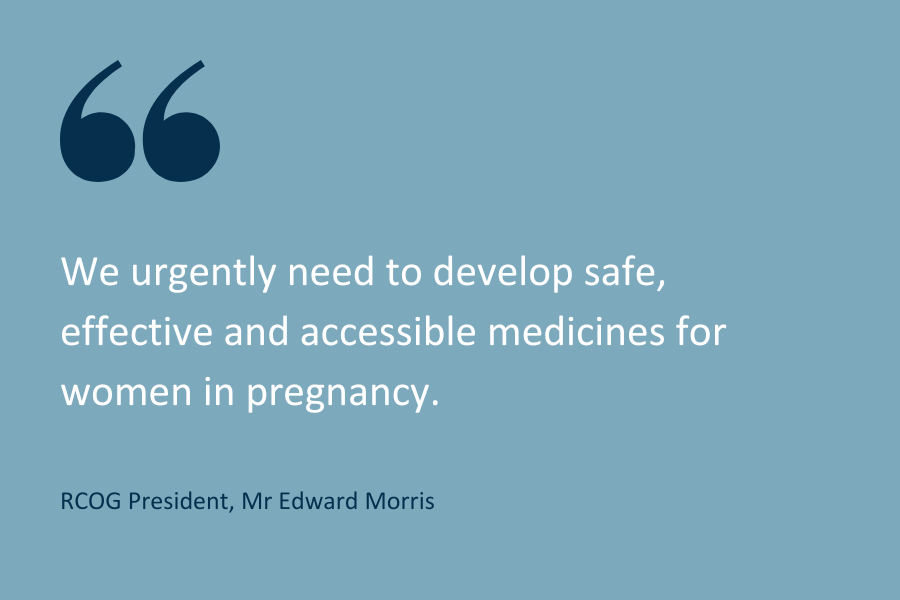
At the RCOG, our ultimate ambition is to improve women’s health and healthcare worldwide, through our global education, clinical quality and influencing abilities. #RCOG2022 is one great example of how we want to achieve this goal! Learn more about our strategy here.
RCOG President, Mr Edward Morris is opening RCOG World Congress with his welcome address. Following a hugely successful virtual Congress in 2021, today marks the first hybrid Congress with Mr Morris as RCOG President.

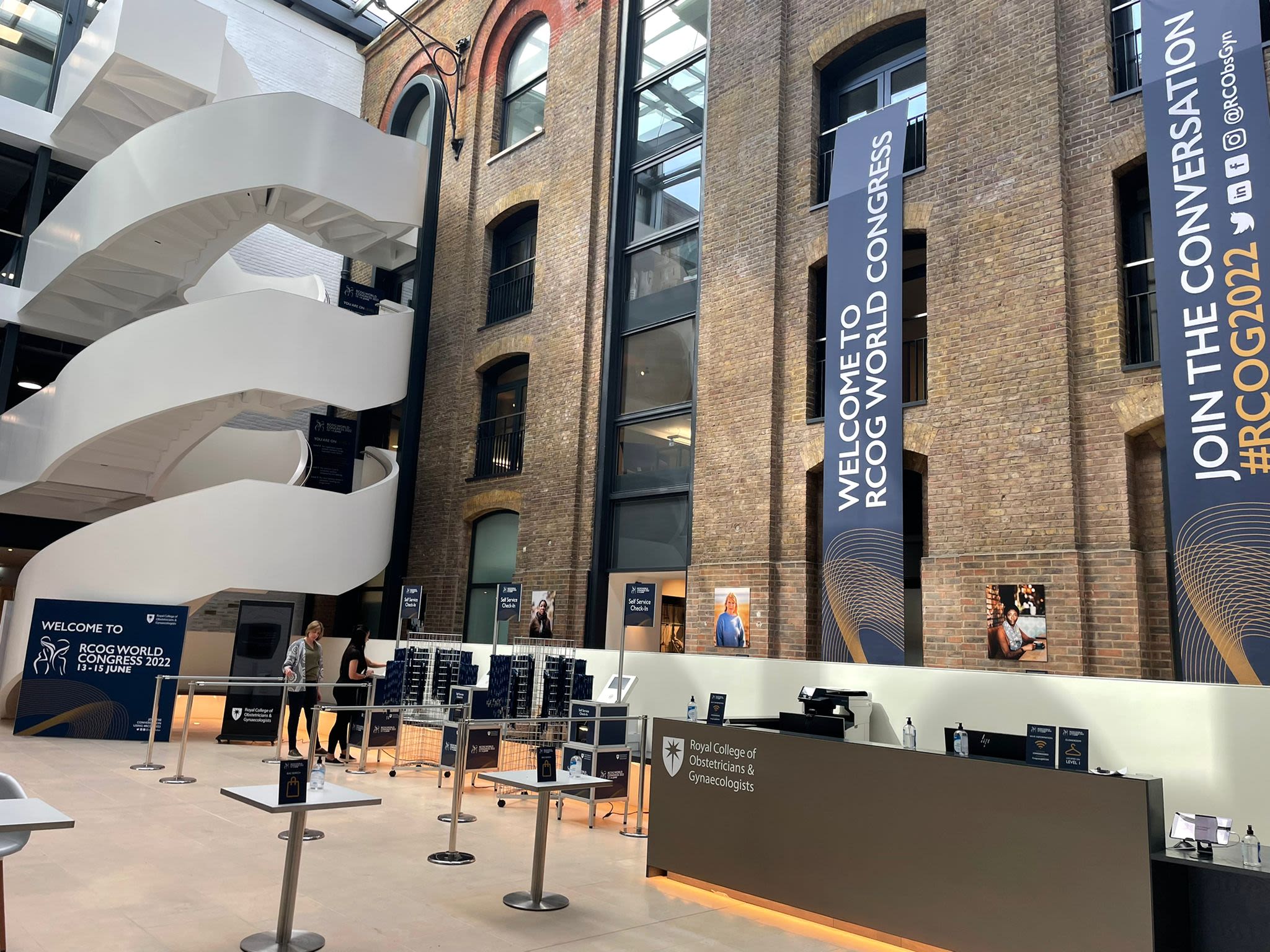
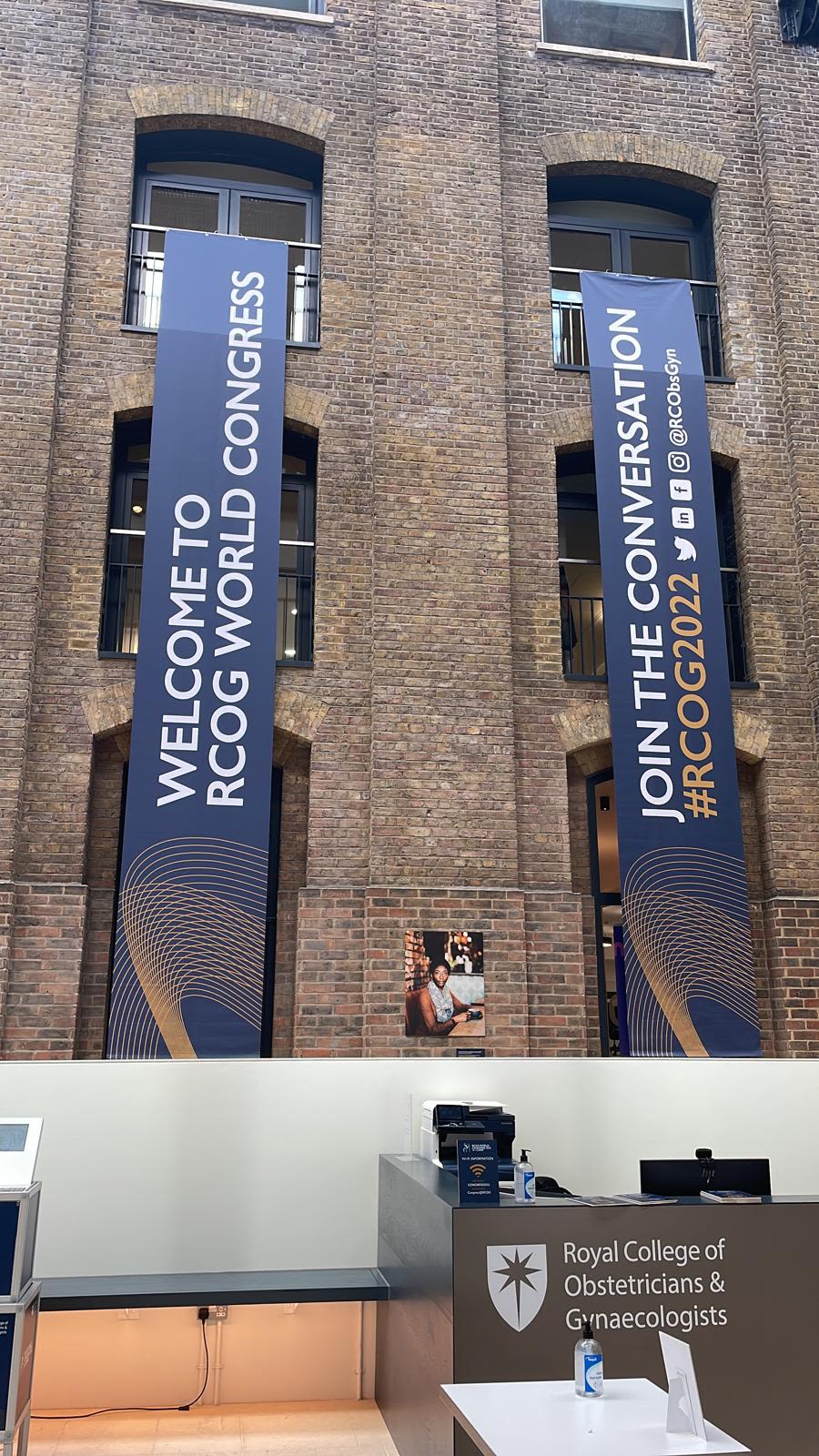
RCOG World Congress 2022 is finally here! We’re delighted to welcome O&G experts from 85+ countries as our flagship event begins.

We are delighted to be hosting our very first hybrid RCOG World Congress. Over the next three days you can expect to hear the latest innovations in women's healthcare.
Here on our live Congress blog you will see the latest updates on ground-breaking talks, thought provoking debates and innovation in research.
We recommend having this open as a separate tab in your internet browser and refreshing the page often throughout the day.
Don't forget to share your highlights on social media using #RCOG2022.
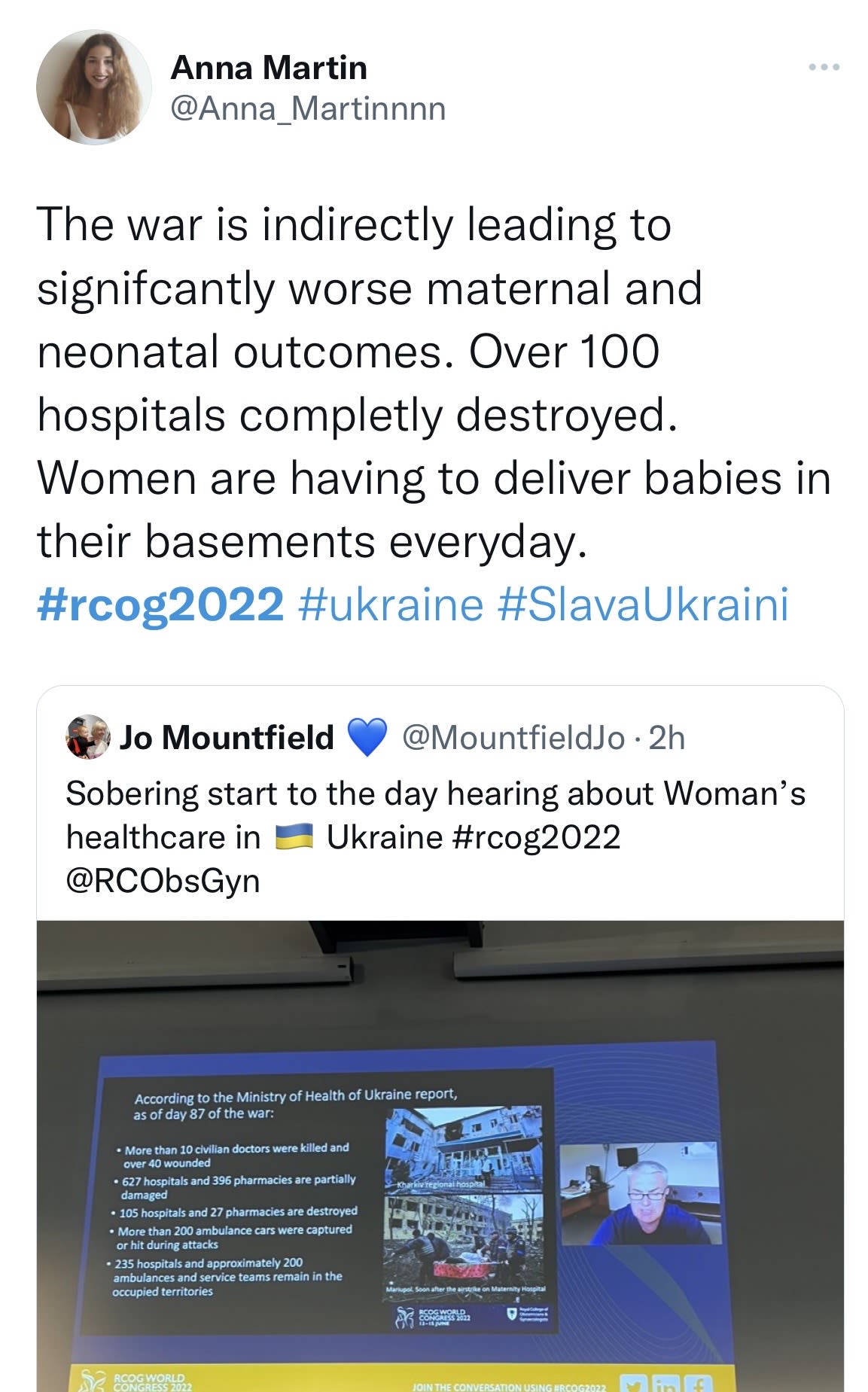
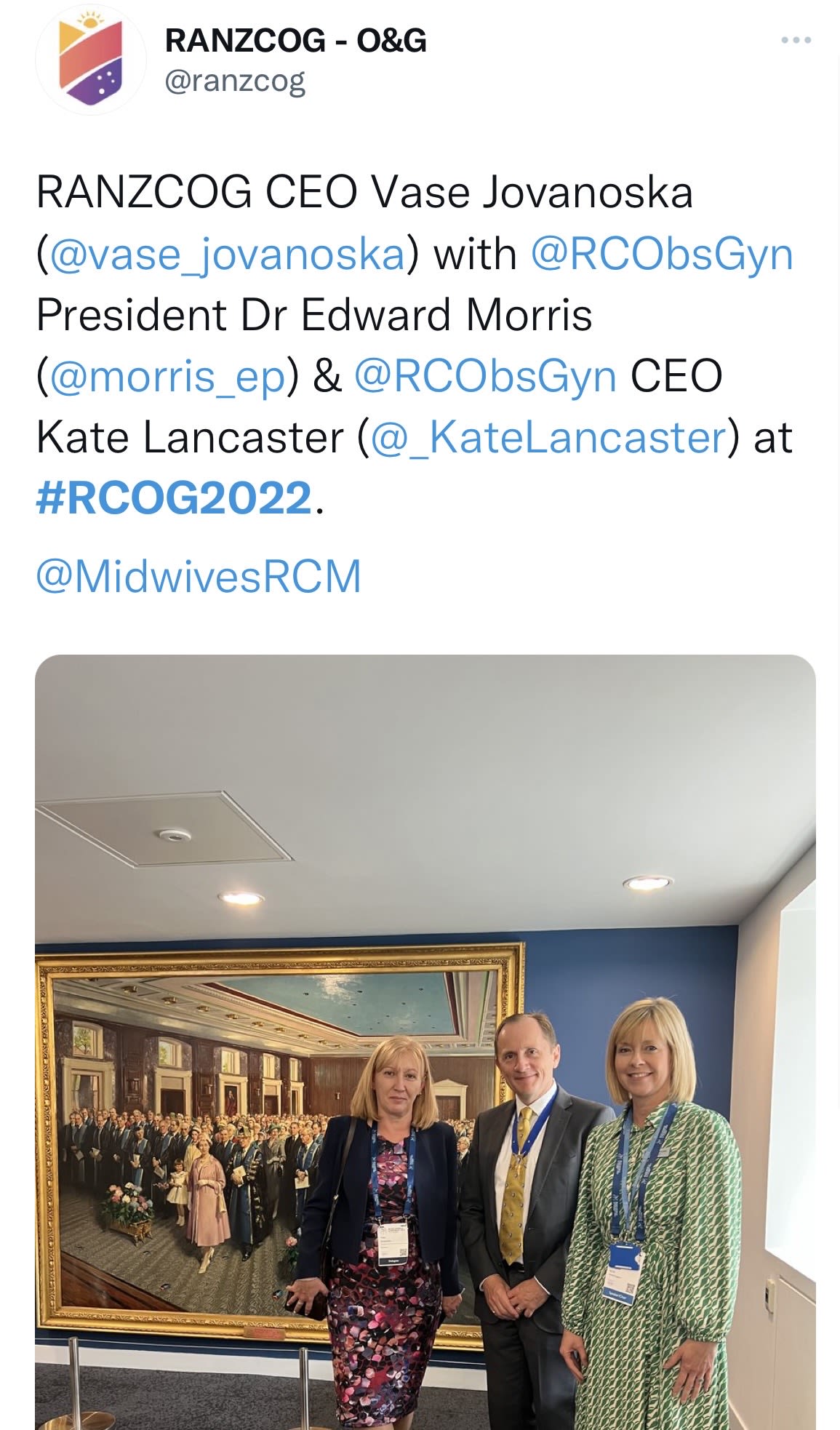

Dr Hema Divakar is a leading medical professional of India with a vision to improve the healthcare services ecosystem for the welfare of women. We are delighted to have Dr Divakar with us today to shine a light on anaemia management.
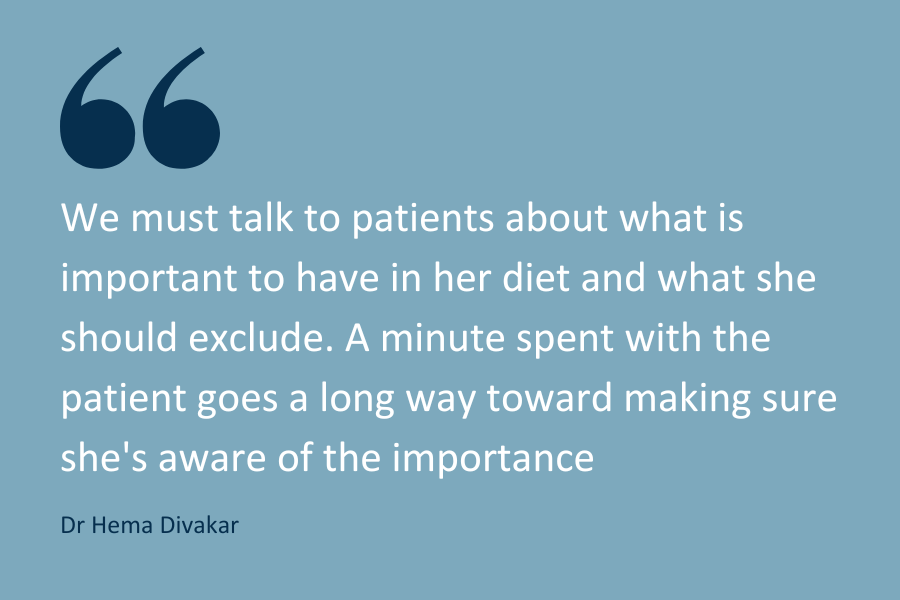

We were thrilled to welcome Mrs Neelam Sarkaria to speak about the impact of cyber crime on women’s health.
Mrs Sarkaria provided insight into common forms of cyber crime and gender-based violence, including online child abuse, 'revenge porn' cyber bullying, harassment and stalking, sextortion following exchange of sexual images, sometimes leading to suicide, human trafficking, the trade of people on the dark web by organised crime groups for sex trade, forced labour and domestic servitude.
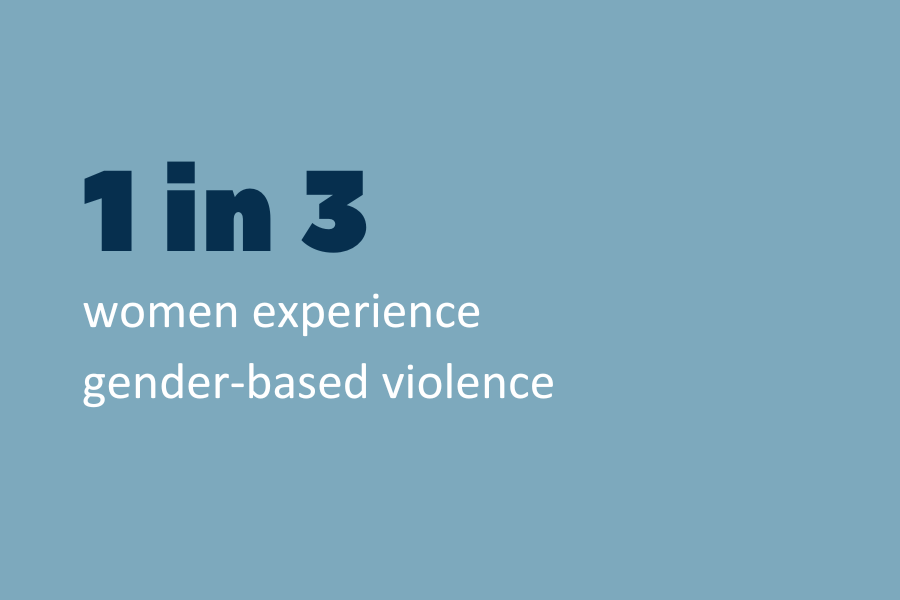
Based on a UK study, Mrs Sarkaria discussed the following recommendations to tackle cyber gender-based violence:
1. Employers - specific training for employees, provisions to prevent online abuse, cooperate with civil society organisations
2. Government - clear recommendations to employers and national guidelines. Government leadership in tackling online harms, pressure on tech companies
3. Tech companies - have greater transparency on content moderation, transparent policies related to dehumanising language, financial support to civil society, and better reporting processes for gender-based violence
4. Civil society organisations - more data on specific risks by minoritised communities, online code of conduct, partnering against organisations working to end online abuse
Watch the below video to hear more from Mrs Sarkaria:
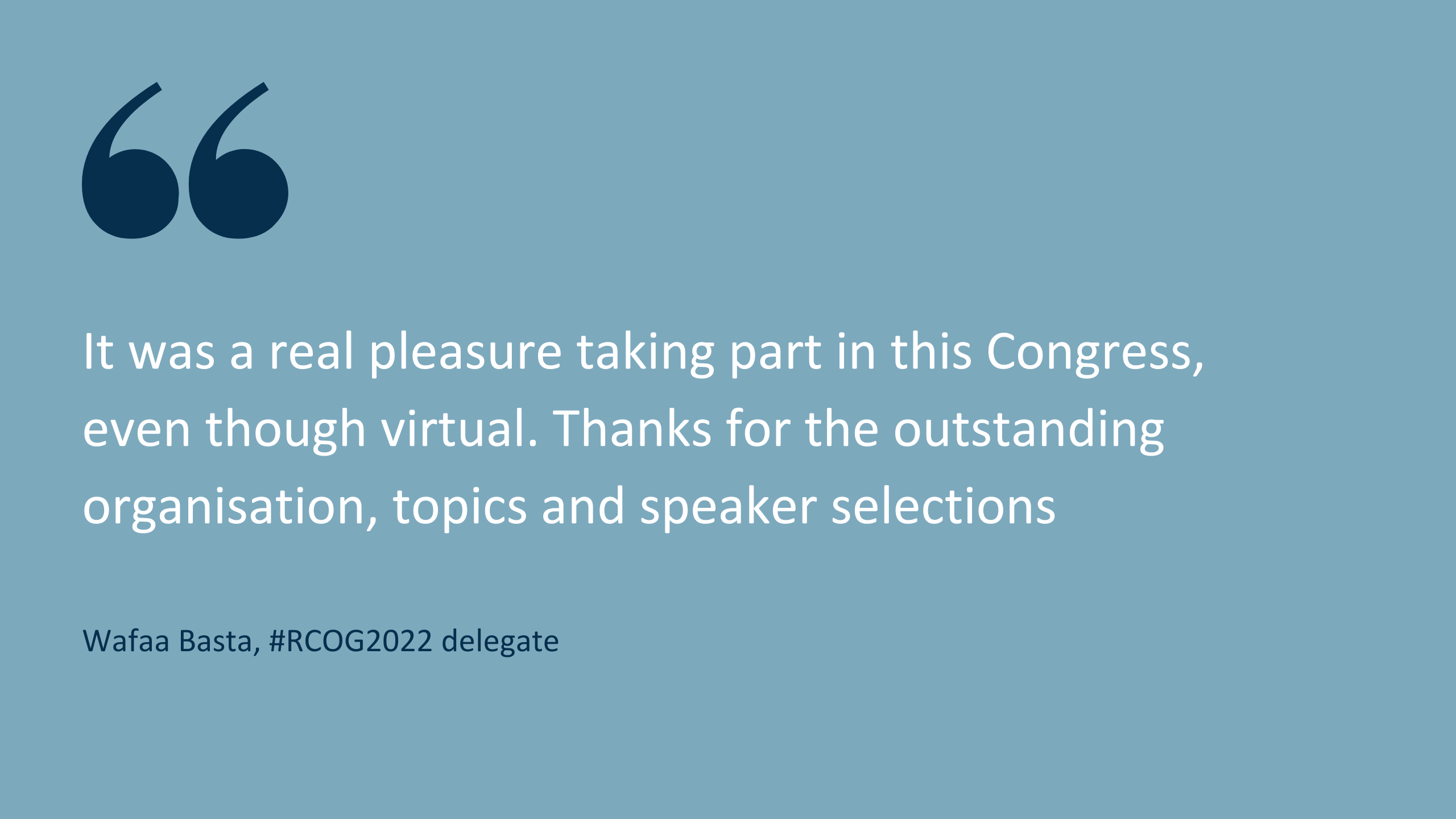
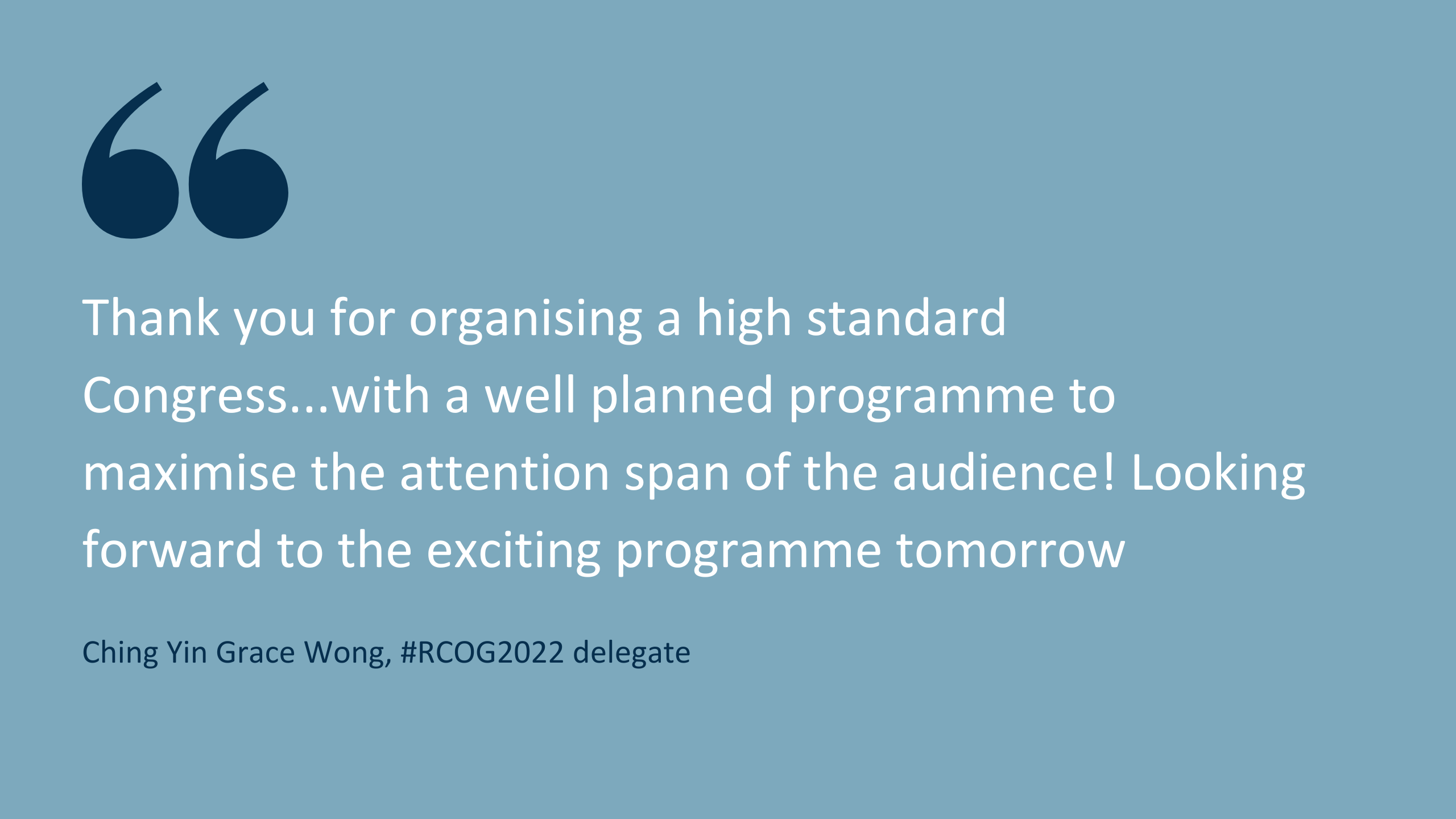

Dr Cora Doherty set up a working group in February 2022 providing peer support and aid to colleagues in Ukraine.
During her talk, Dr Doherty outlined outlined the impact of the war on neonatal services.
At the start of the conflict, 265,000 women were estimated to be pregnant and 63,000 babies have been born since the conflict started.

Our first session this morning was on women’s healthcare in Ukraine. We were honoured to be joined by Professor Oleksandr Protsepko, Miss Anastasia Fedoruk and Dr Cora Doherty.
Professor Protsepko provided a stark overview of the current situation saying “our entire life has changed, as well as our profession.” He reminded the audience that women and children are the first victims in armed conflict, with 265,000 pregnant women at the start of the invasion and 1,000 babies born each day.
Professor Protsepko explained the remarkable response of the Ukrainian people and healthcare professionals since the start of the conflict in 2014. They have already adapted to crisis situations, including flexible team building, department transformation, staff autonomy, stockpiling supplies and improved communication with government.
Prior to the full scale invasion by Russia in February 2022, Ukrainian began stockpiling medicine, organising shelters, evacuation systems and military workshops. This meant healthcare professionals and volunteers were able to provide fast, precise aid where required.
During his talk, Professor Protsepko discussed the short and long-term impacts on women's healthcare in Ukraine. Some of the short-term effects include:
- Disrupted logistics
- Weakened reproductive healthcare delivery systems
- Fewer healthcare professionals as a result of migration
- Longer delays in providing quality medical care
- As a result, a risk environment for pregnant women
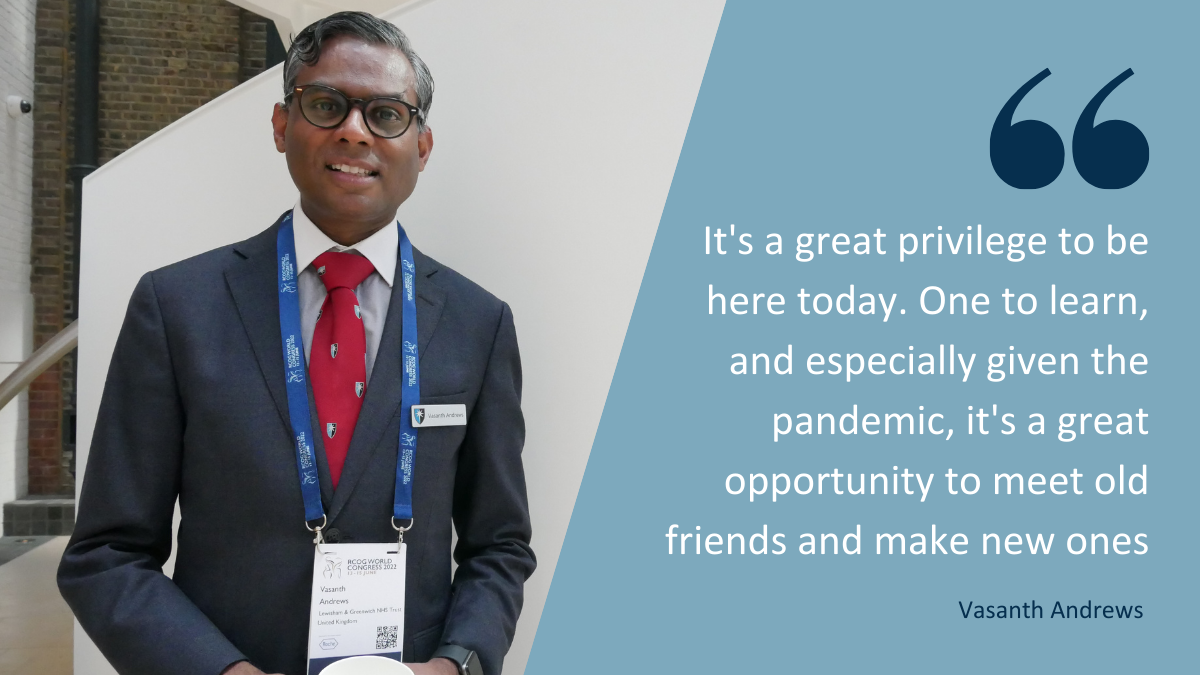
What was your highlight from yesterday? Let us know using #RCOG2022 on Twitter.
Welcome to day two of RCOG World Congress! Today's programme features streams including Ukraine, Listening to Women and RCOG Race quality.
Here on our live Congress blog you will see the latest updates on ground-breaking talks, thought provoking debates and innovation in research.
We recommend having this open as a separate tab in your internet browser and refreshing the page often throughout the day.
Don't forget to share your highlights on social media using #RCOG2022.
